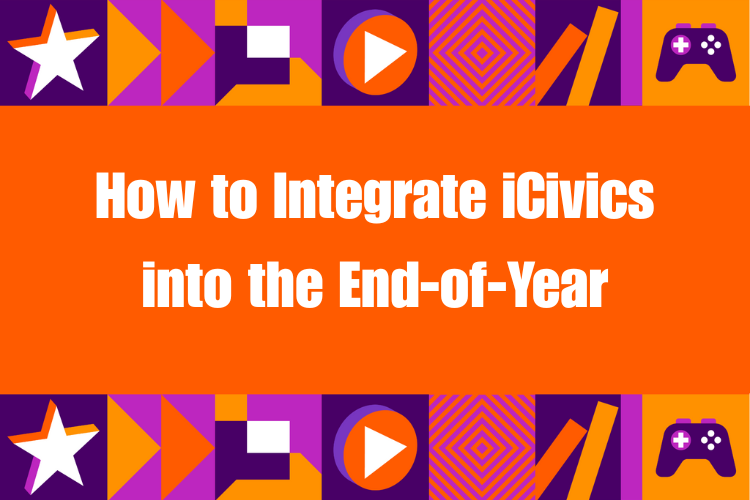Sometimes the textbook definition isn’t enough. Our new Legal Reference Library consists of eight mini-lessons that provide students with a deep understanding of important laws, rights, and legal concepts in a flash.
How well do your students understand the USA Patriot Act of 2001, the Equal Protection Clause, and the Voting Rights Act of 1965? Do these important legal concepts even get a paragraph in your textbook? We won’t be surprised if your answer is no. And yet, these laws — along with many others — are critical for understanding what our rights are. Our Legal Reference Library will help your students explore why these laws or legal concepts were created and how they are used today.
Part infographic and part written text, these mini-lessons present difficult concepts in a digestible way and provide the foundation for informed classroom discussions. Each lesson consists of a one-page reading and a page of activities to reinforce the concepts learned. You can use the mini-lessons to:
- Expand on concepts introduced in student textbooks.
- Enhance an existing lesson or compliment the study of a Supreme Court case from our Landmark Library.
- Use it as a stand-alone lesson or assign it as homework.
- Prompt rich, informed discussions about current events.
Dive into the Legal Reference Library and discover new ways to get students engaged in learning about their rights.




